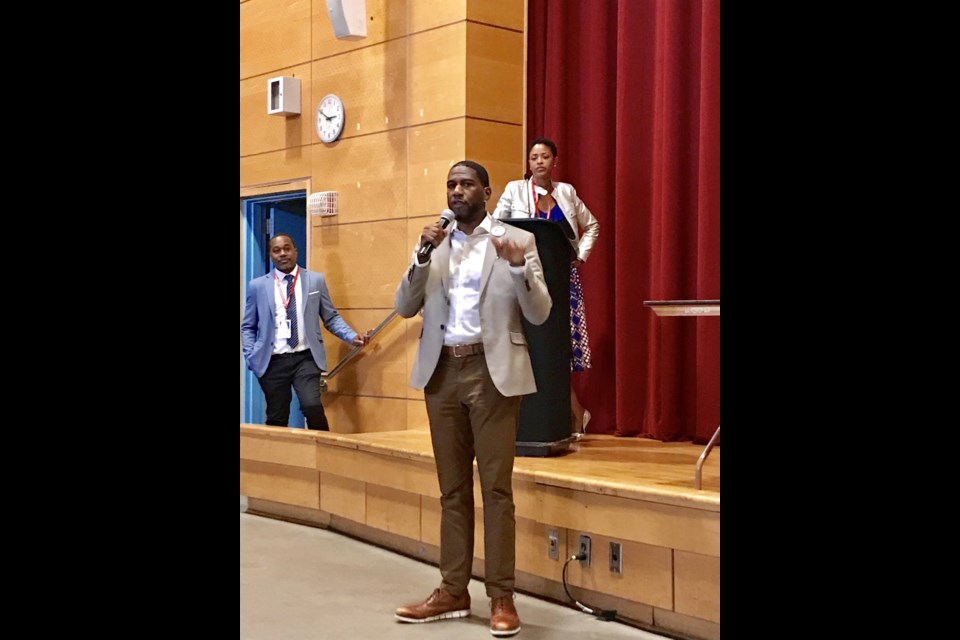One Brooklyn Health System, Brookdale Medical Center, healthcare worker union 1199 SEIU and the NYC Department of Health hosted on Saturday a Health and Economic Justice summit and resource fair to rally the community-at-large around the health, housing and employment disparities in East Brooklyn.
More than 250 union members, healthcare professionals and community stakeholders, joined by elected officials including Brooklyn Borough President Eric Adams, Assemblymember Latrice Walker and Public Advocate Jumaane Williams, followed Brookdale Hospital's call to action at P.S. 156 Waverly in Brownsville.
A panel consisting of representatives from various city agencies, health institutions, labor unions and community organizations discussed research and solutions regarding four inter-related topics: premature mortality, health and housing, workforce development, and food and fitness.
"It is very hard for us to have a conversation about health if we're not talking about poverty," said Dr. Torian Easterling, assistant commissioner at the NYC Department of Health. "We see premature mortality -- New Yorkers dying early before the age of 65 -- disproportionally in poverty-burdened neighborhoods. People without access to fair wages and benefits have to choose between having a good meal, health insurance or safe housing. We cannot get to health issues like asthma, diabetes and mental health until we take care of everything else."
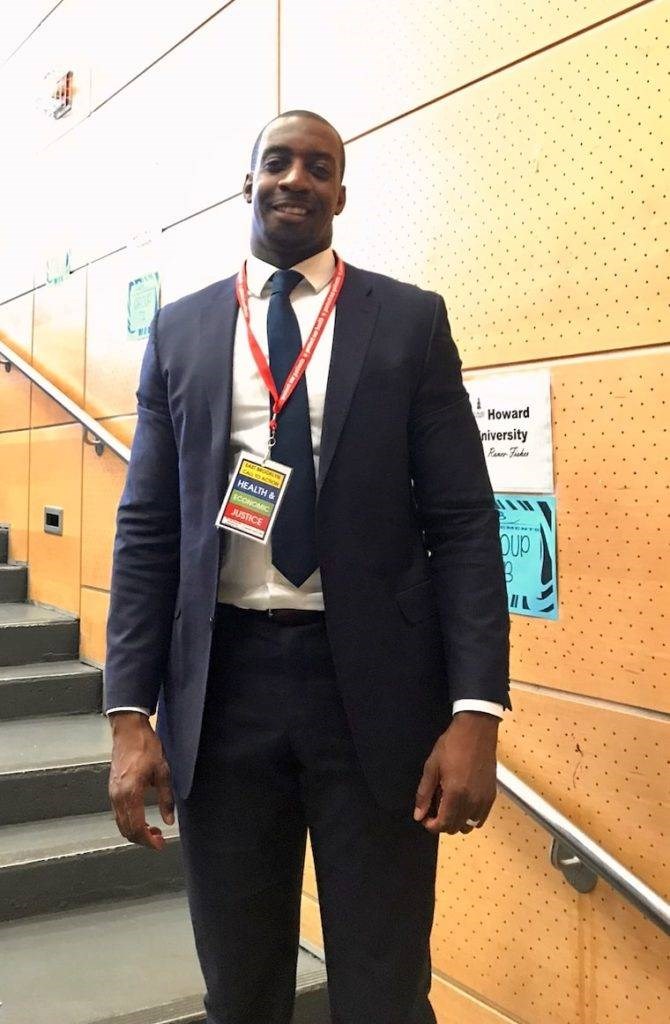
Easterling presented data, collected by the City as Neighborhood Health Profiles, which reveals that Brownsville and East New York residents die prematurely at a disproportionately higher rate compared to residents of other neighborhoods. Lung and colorectal cancer, as well as breast cancer among women, are the three leading causes of cancer-related premature death, followed by heart disease and diabetes. The rate of adult psychiatric hospitalization in East Brooklyn is nearly triple the citywide rate.
Twenty-eight percent of Brownsville residents and 30 percent of East New Yorkers live in poverty, and with 14 and 10 percent, respectively, they face a higher unemployment rate than the citywide average of 9 percent. Fifty-seven percent of Brownsville residents and 52 percent of East New Yorkers are rent-burdened, meaning households pay more than 30 percent of their income for housing and struggle to afford food, clothing, transportation and healthcare.
One Brooklyn Health CEO LaRay Brown spoke on the correlation of housing, homelessness and health, emphatically stating that "housing is healthcare."
"Safe, affordable housing is the best prescription that you can get for healthcare," said Brown. "Where do you store your insulin, if you don't have a refrigerator? Unsafe housing and homelessness are major contributors to ill health, as is unaffordable housing. Folks in East Brooklyn, who are severely rent-burdened, often can't afford the prescriptions they need."
It is not only lack of affordability, said Divya Sundaram of housing advocacy group Community Voices Heard, but also the pressure of gentrification and poor housing conditions which contribute to bad health outcomes such as asthma, high blood pressure, diabetes and infant mortality.
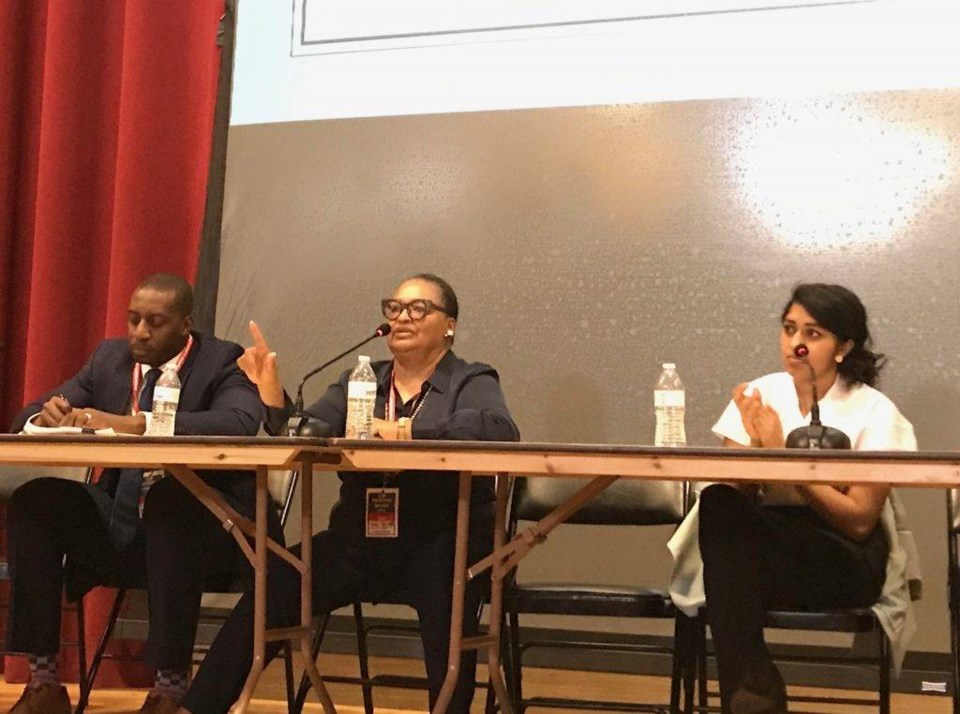
"Folks are spending so much on rent that they are delaying to go for treatment because they can't afford it," said Sundaram. "But it's also the unlivable conditions many have to live in. The lack of affordable housing is a health issue itself, and we have to treat it as such because lives are on the line."
Representatives of 1199 SEIU discussed their focus on new development workforce programs to provide and preserve well-paying jobs, continued training opportunities and healthcare services within the community.
"We can't just think about job creation, we also have to think about how we improve existing jobs, make them high-paying jobs and connect our communities with them," said Sandi Vito, executive director of Training and Employment Funds at 1199 SEIU. "And we have to not only think about jobs directly within the healthcare industry, but we have to create and protect good-paying jobs all around."
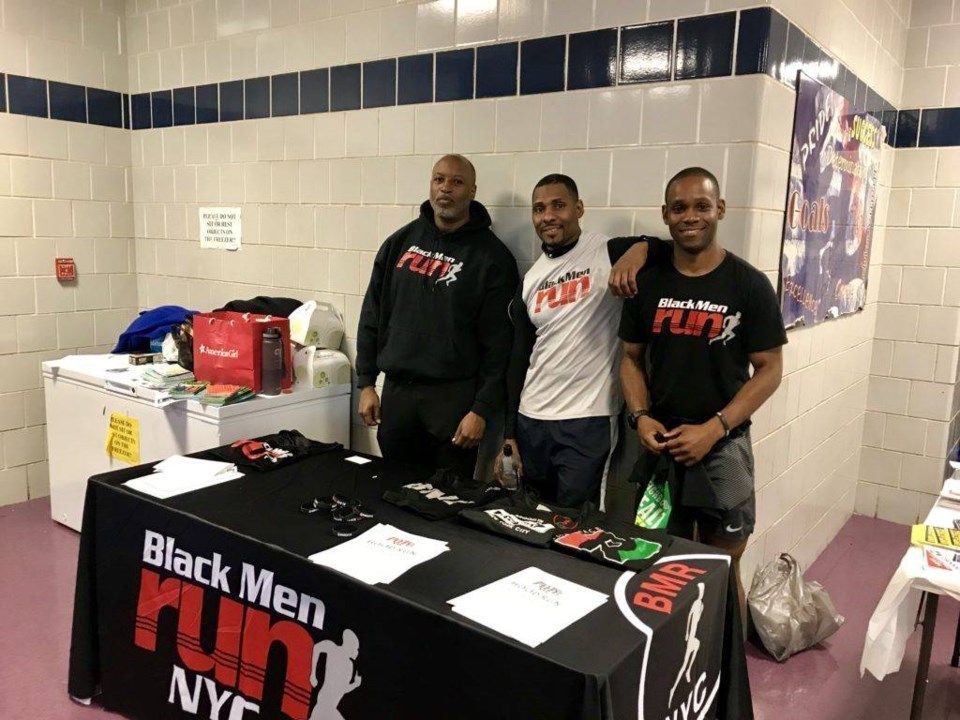
The panelists also emphasized the need for access to healthy, fresh foods through local community gardens and urban farms run by organizations like the Isabahlia Ladies of Elegance Foundation, a nonprofit that operates five sites across East Brooklyn, as well as the importance to engage residents in physical activity.
"Health doesn't start at the hospital, it starts outside in our communities," said Davey Ives of the NYC Department of Parks and Recreation. "Our role at the Parks Department is to ensure that there are community spaces where New Yorkers can take care of their health and exercise. But we also need your help maintaining these spaces, because this is not only about one's individual health, it's about community health."
The forum's goal was to mobilize East Brooklyn residents to spark much-needed changes for the community from within, said Khari Edwards, vice president of External Affairs at Brookdale Medical Center.
"In underserved, economically impoverished communities, the policies are usually dictated to them," said Edwards. "Today, we shared this data with our community members because we wanted to upset and agitate them, disrupt the status quo so that they feel the urge to act and take control."
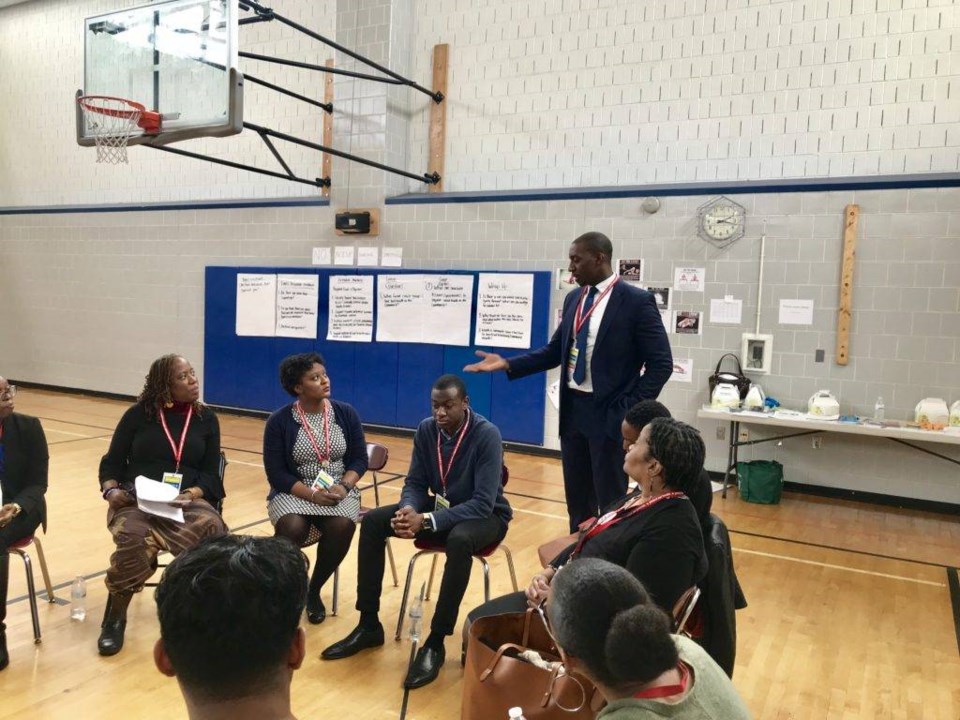
After the panel discussion, attendees reconvened in various breakout sessions to continue the conversation about the key issues that were presented to them.
Saturday was just the beginning of a comprehensive campaign, aimed to spur a longterm community-labor coalition that will address the health and economic issues plaguing East Brooklyn, said Edwards.
The next summit will be held on June 1; the location still needs to be determined.

